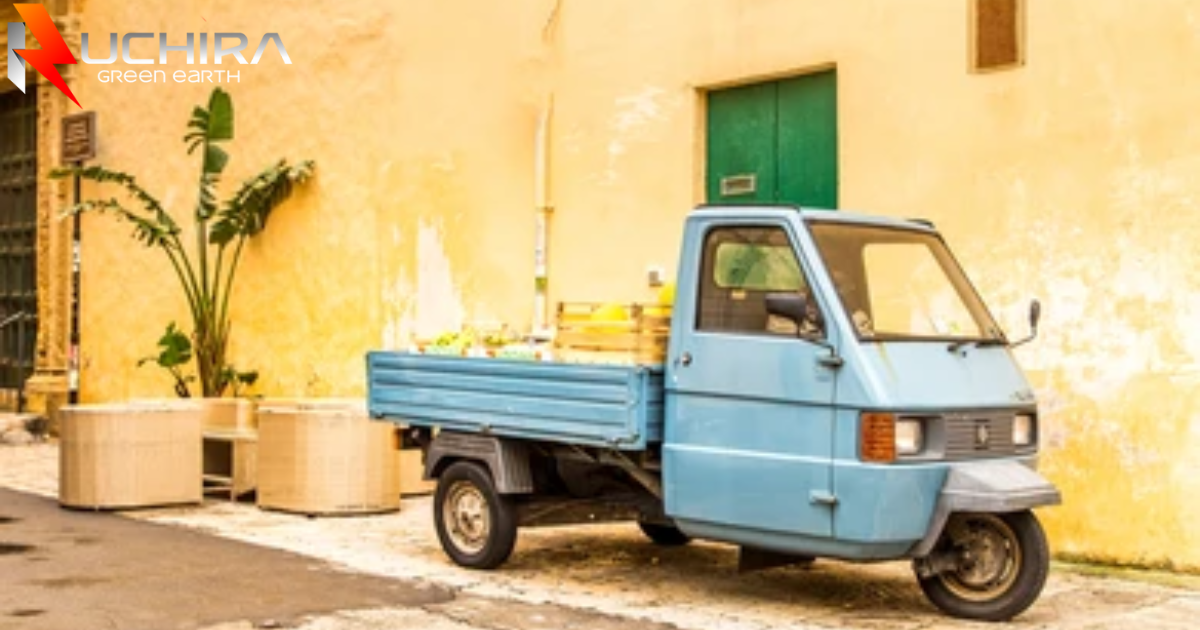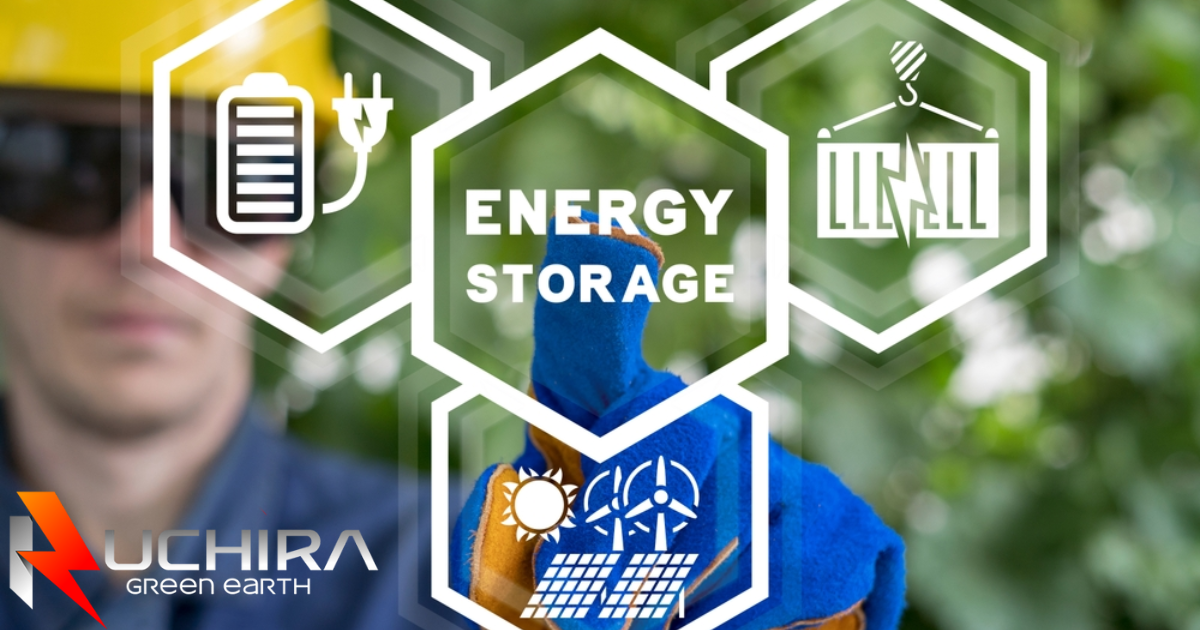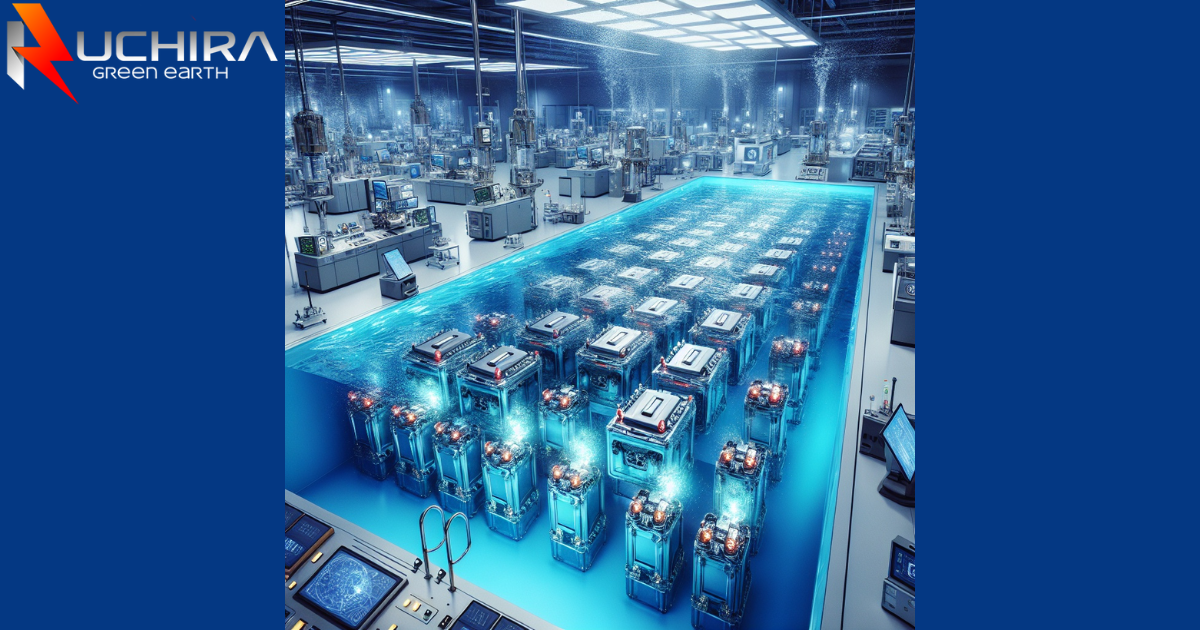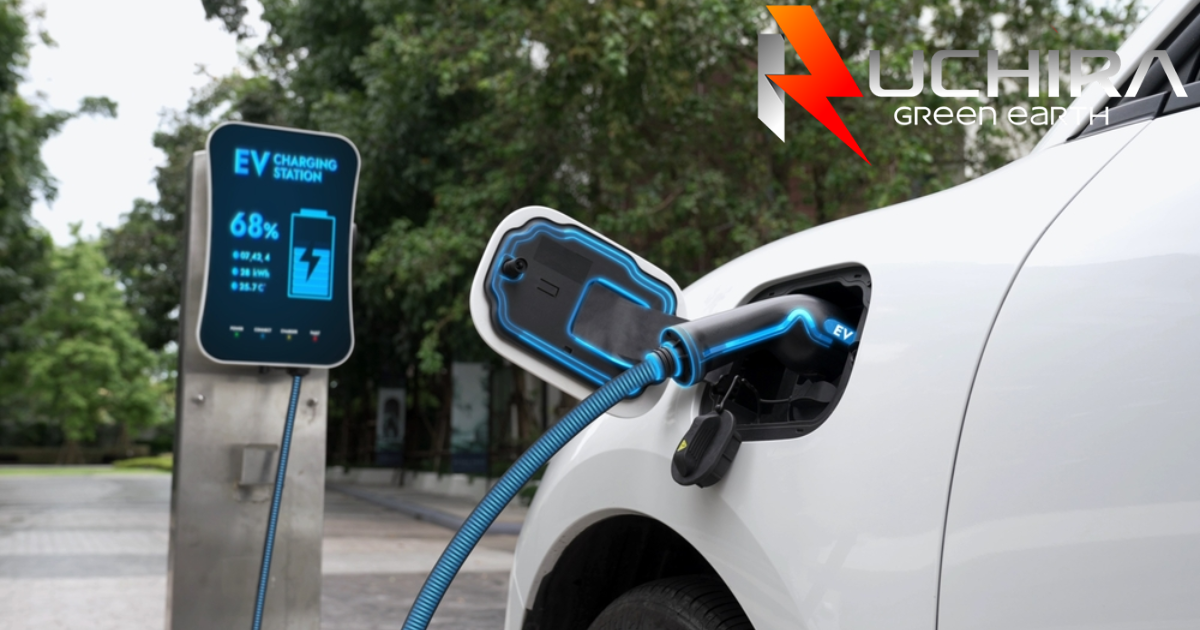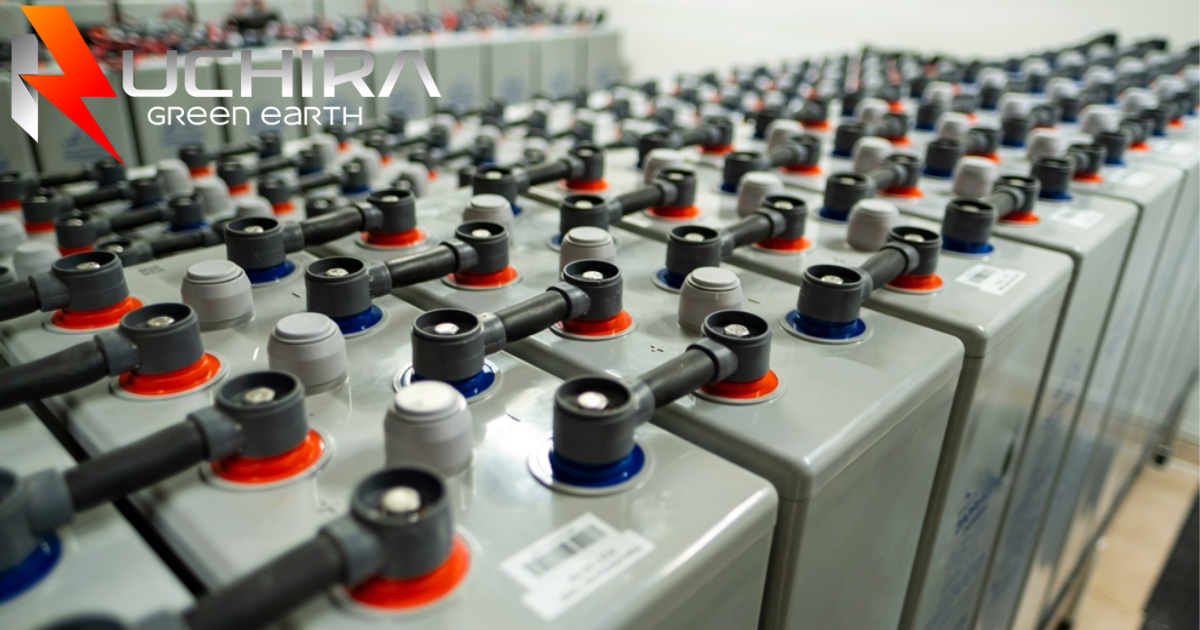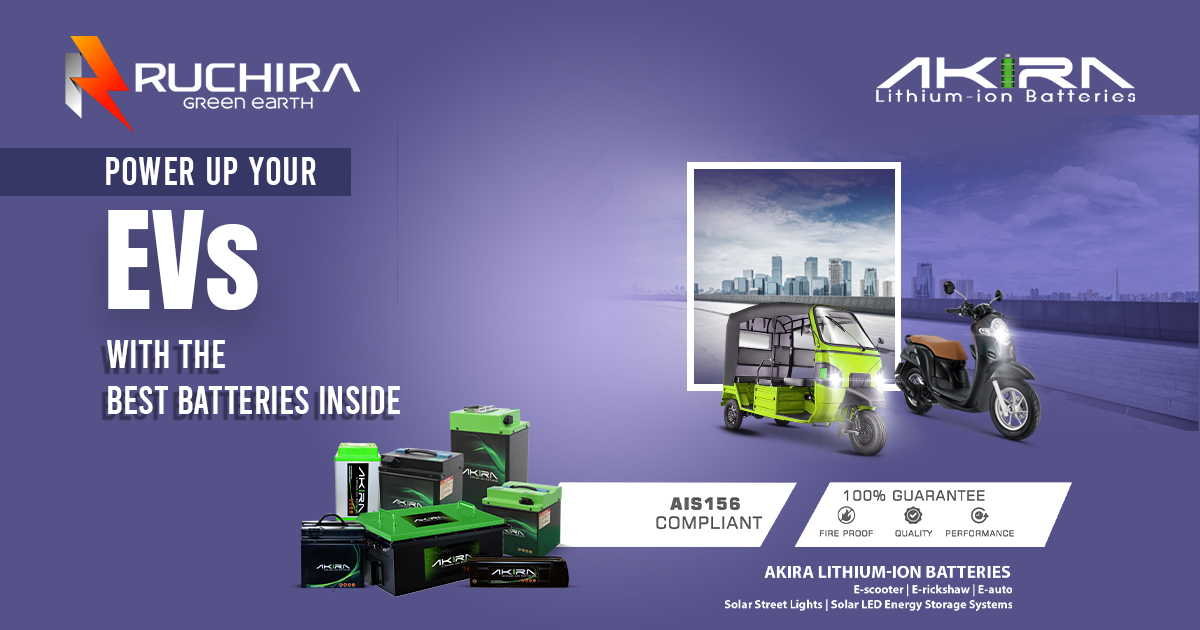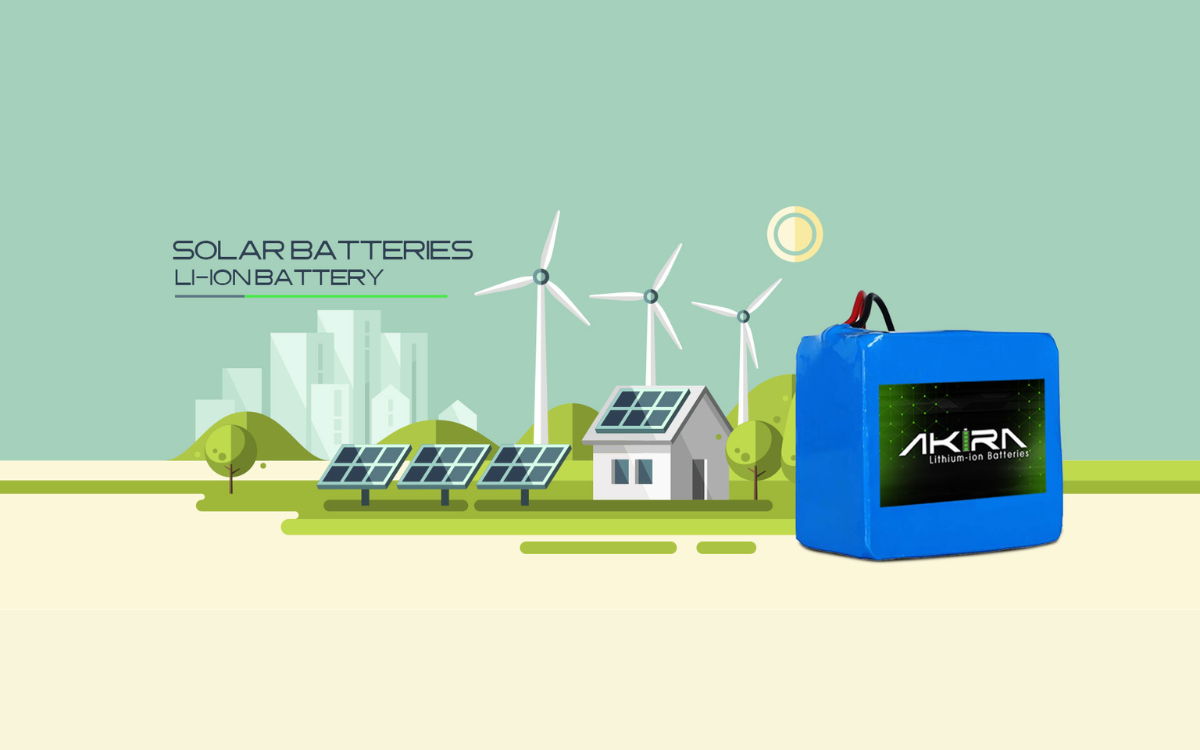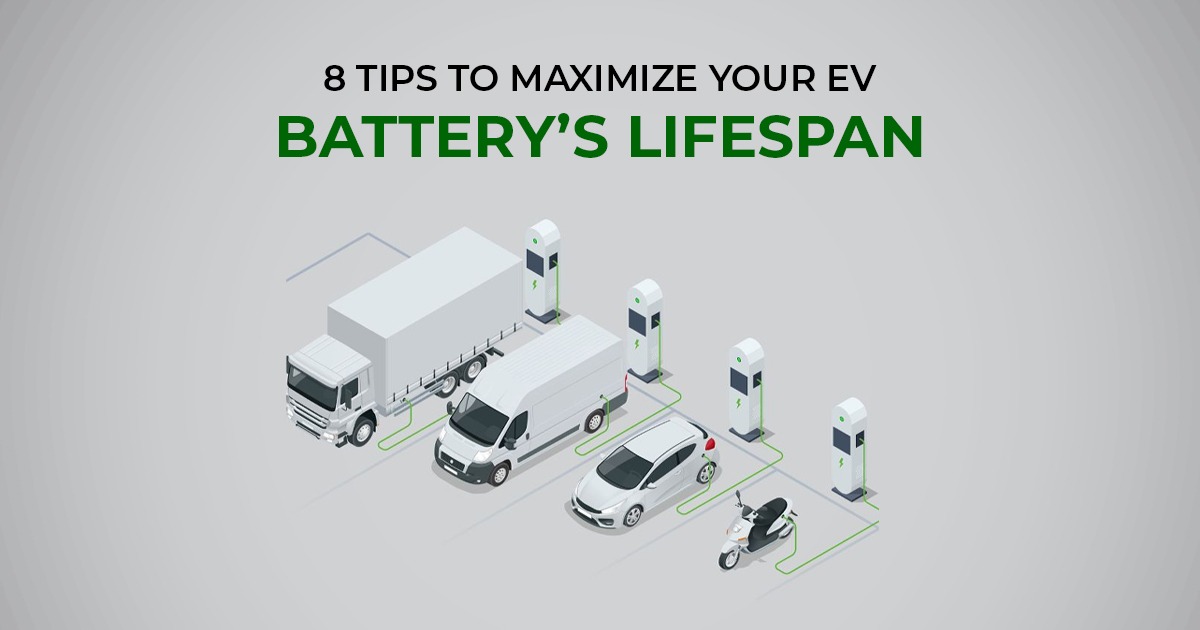In the bustling and diverse landscape of Indian roads, finding reliable and robust automotive components is crucial for a smooth and trouble-free journey. One key player in ensuring the efficiency and durability of three-wheelers is the battery. Akira’s three-wheeler lithium-ion batteries have gained significant recognition in this regard, and for good reason. Let’s delve into why Akira’s 3 wheeler lithium-ion batteries are the ideal choice for the demanding conditions of Indian roads.
1. Robust Durability
Indian roads are known for their diverse conditions, ranging from smooth highways to rugged rural paths. Akira’s three-wheeler lithium-ion batteries are designed to withstand such varied terrains. They are built with high-quality materials that enhance their durability and performance, making them less prone to damage from rough road conditions and extreme temperatures.
2. High-Performance in Extreme Temperatures
India experiences a wide range of temperatures, from scorching heat in summer to chilly winters. Akira’s three-wheeler lithium-ion batteries are engineered to perform optimally in these extreme temperature variations. They feature advanced technology that ensures consistent power delivery and reliability, regardless of the weather conditions.
3. Efficient Power Output
A three-wheeler battery’s performance largely depends on its ability to provide stable power for various components of the vehicle. Akira’s three-wheeler lithium-ion batteries offer efficient power output, ensuring that your vehicle’s engine and electrical systems function seamlessly. This efficiency translates into better overall performance and a smoother driving experience.
4. Enhanced Longevity
Investing in a battery that lasts longer means fewer replacements and lower long-term costs. Akira’s three-wheeler lithium-ion batteries are designed with longevity in mind. Their robust construction and advanced engineering contribute to a longer lifespan, providing value for money and reducing the frequency of replacements.
5. Customer Support and Warranty
Akira stands out not only for its high-quality products but also for its excellent customer support and warranty services. They provide comprehensive support and warranties that reassure customers of the battery’s quality and longevity, offering peace of mind with every purchase.
Conclusion
When it comes to choosing the right 3-wheeler battery for Indian roads, Akira’s offerings stand out for their durability, performance, and cost-effectiveness. Their batteries are engineered to handle the unique challenges of Indian road conditions, making them a reliable choice for three-wheeler operators seeking a dependable and long-lasting solution.
Investing in Akira’s three-wheeler lithium-ion batteries means investing in quality, efficiency, and peace of mind, ensuring a smoother and more reliable journey on the diverse and demanding roads of India.
